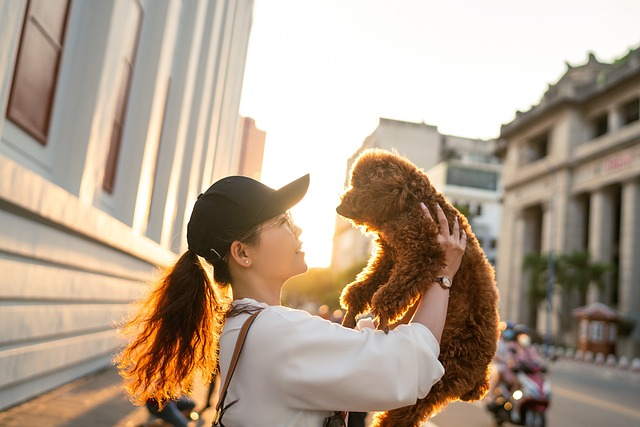Bringing a dog into your life for the first time is an exciting adventure, but it can also feel overwhelming when faced with countless breed options. The right choice can make your journey into dog ownership rewarding and enjoyable, while a mismatch might lead to frustration for both you and your new pet. This comprehensive guide explores the best dog breeds for first-time owners, highlighting their unique characteristics and explaining why they might be the perfect match for your lifestyle.
Before delving into specific breeds, it’s important to understand that successful dog ownership depends on finding a companion whose traits align with your living situation, activity level, and expectations. While each dog has its own personality, certain breeds consistently demonstrate characteristics that make them more forgiving of novice mistakes and easier to integrate into a first-timer’s life.
What Makes a Dog “Beginner-Friendly”?
First-time owners should consider several key factors when selecting a breed:
Most novice owners benefit from dogs with friendly, easy-going temperaments who are somewhat forgiving of rookie mistakes. Trainability is equally important – breeds that are eager to please and responsive to commands help build confidence in new owners. Your lifestyle should align with your dog’s exercise requirements, while grooming needs and potential health issues factor into the long-term commitment5.
As one experienced dog owner notes, “Labradors, Golden Retrievers, Shih Tzu, Poodles, Bernese Mountain dogs are examples of breeds that fit that bill. They are generally friendly, are least likely for genetic reactivity, they are more eager to please, and are more forgiving of rookie mistakes and variety in schedules”3. This perfectly encapsulates what makes certain breeds stand out for beginners.
Best Small Dog Breeds for First-Time Owners
Small dogs often appeal to first-time owners, particularly those living in apartments or with limited space. Here are some excellent small breed options:
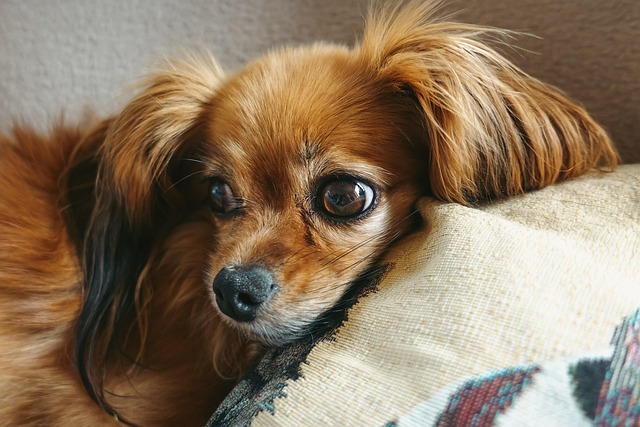
Papillon
These elegant little dogs with distinctive butterfly-like ears make excellent first pets. Weighing less than 10 pounds and standing shorter than 11 inches, they adapt easily to apartment living and don’t require a yard. Their exercise needs are modest at just 20–30 minutes per day, making them manageable for busy owners1.
Papillons are highly intelligent and therefore relatively easy to train, though early training is essential. Despite their long, silky hair, they require minimal grooming since they lack an undercoat – just weekly brushing between professional appointments.
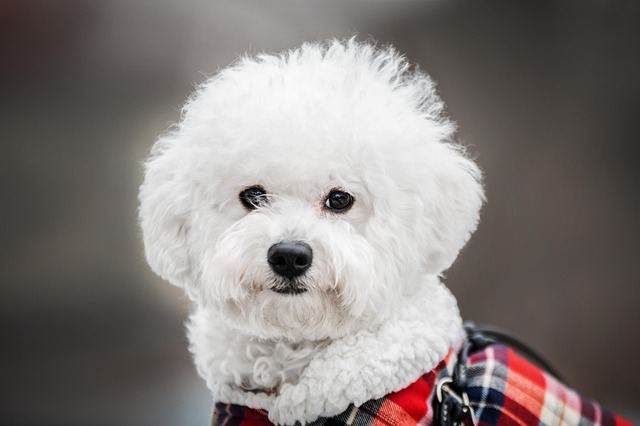
Bichon Frise
The Bichon Frise looks like a bouncy cotton ball and has a personality to match – happy, friendly, and adaptable. These dogs are particularly good for apartment dwellers and families with children.
Their hypoallergenic coat makes them suitable for allergy sufferers, though they do require regular professional grooming to maintain their curly white fur. Bichons adapt well to various lifestyles and need only moderate daily exercise to stay happy and healthy, making them exceptionally versatile companions.
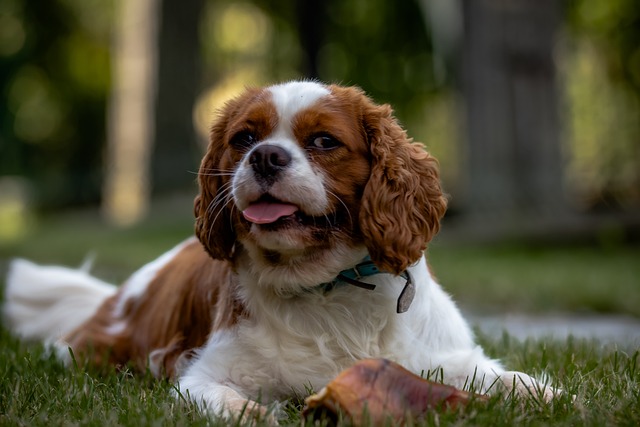
Cavalier King Charles Spaniel
For first-time owners seeking a gentle, affectionate companion, the Cavalier King Charles Spaniel offers an ideal blend of adaptability and sweetness. These dogs are both athletic and content to be lapdogs, making them suitable for various energy levels.
Their friendly disposition extends to children and other pets, creating harmonious household dynamics. As one owner shared, these dogs are “equally happy to go for a long walk as they are to cuddle in bed,” demonstrating their flexible nature. While their silky coat requires regular brushing, their grooming needs are generally manageable for beginners.
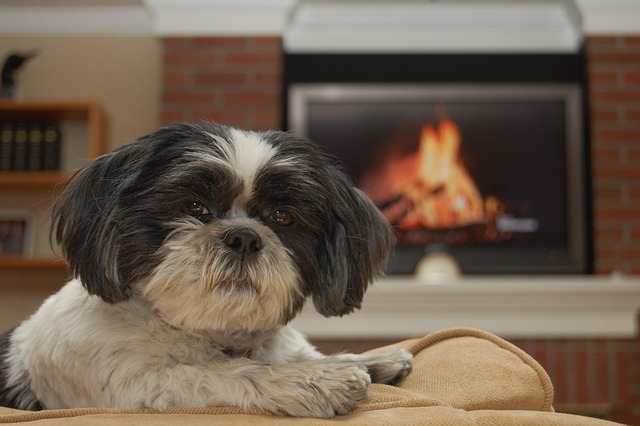
Shih Tzu
The Shih Tzu offers first-time owners a small, loving companion with a relatively low energy level. These dogs are “hypoallergenic and don’t shed much,” making them cleaner housemates than many other breeds3.
Though sometimes characterized as “a little dumb compared to other dogs,” their primary purpose is companionship rather than working intelligence3. They’re notably tolerant with children and make excellent family pets despite their diminutive size. Their regular grooming needs represent the main investment beyond basic care.
Best Medium and Large Dog Breeds for First-Time Owners
Larger dogs often offer different advantages for beginners, including more predictable temperaments and versatility in activities:
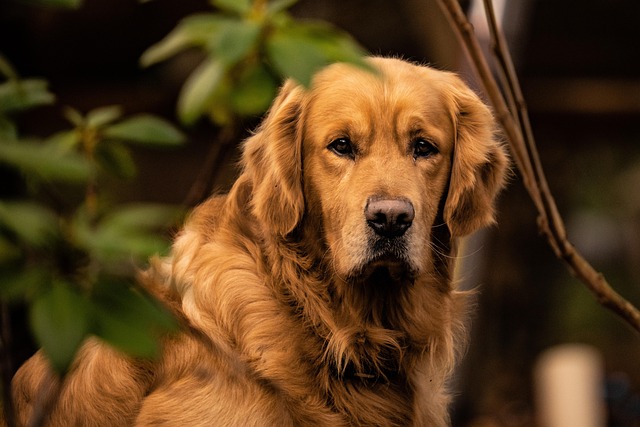
Golden Retriever
Golden Retrievers consistently rank among the top recommendations for first-time owners, and with good reason. These dogs possess an extraordinarily patient, even-tempered disposition with “an unusually high tolerance for inexperienced handlers who are still learning the ropes”.
Their eagerness to please translates into training success that builds confidence in novice owners. While Goldens require regular exercise to manage their energy levels and prevent obesity, they adapt well to family life and are famously gentle with children. Their thick coats need regular grooming to manage shedding, but their forgiving nature makes them worth the maintenance.
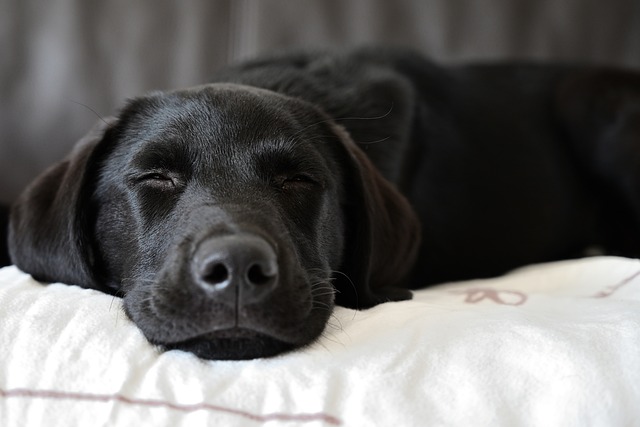
Labrador Retriever
Like their Golden cousins, Labrador Retrievers offer an ideal blend of friendliness, trainability and adaptability that suits first-time owners beautifully. They’re “friendly and eager to please, which makes them exceptionally trainable”
Labs thrive in active households where they can receive 30-60 minutes of exercise daily, but they’re adaptable to various lifestyle patterns once their basic needs are met. Their short coats require minimal grooming beyond regular brushing, making them lower maintenance than many other family-friendly breeds.
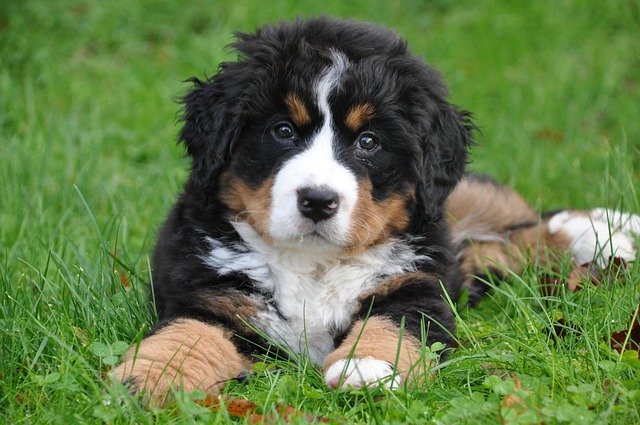
Bernese Mountain Dog
Despite their imposing size, Bernese Mountain Dogs are often described as “gentle giants” that excel with novice owners. These dogs are “easy-going, eager to please, affectionate, and intelligent,” creating a combination that forgives beginner mistakes.
Berners adapt well to various living situations and form deep bonds with their families. They enjoy romping with children but are equally content relaxing at home in the evening5. Their thick coats do shed considerably and require regular brushing, while their shorter lifespan (7-10 years) is something prospective owners should consider.
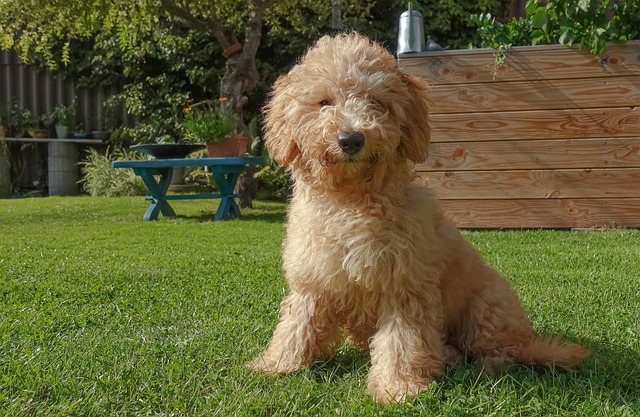
Poodle
Available in standard, miniature, and toy sizes, Poodles offer versatility that few other breeds can match. Their hypoallergenic coats benefit allergy sufferers, while their exceptional intelligence makes training a rewarding experience for first-time owners.
Though they require professional grooming every 4-6 weeks, Poodles compensate with their adaptability to different living situations and activity levels. Standard Poodles in particular offer the intelligence and trainability of working dogs without the intensity that makes some breeds challenging for beginners.
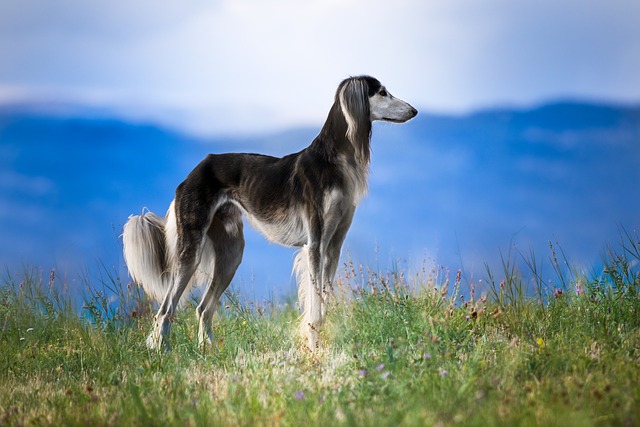
Greyhound
Perhaps surprisingly, Greyhounds make excellent pets for first-time owners despite their racing reputation. These gentle dogs are often “couch potatoes” at home, content with moderate exercise and plenty of relaxation1.
Retired racing Greyhounds, in particular, are often recommended for beginners because of their gentle temperaments and minimal grooming needs. Their short coats require little maintenance, and despite their size, they adapt well to apartment living as long as they receive daily walks.
Breeds That May Require More Experience
While every dog is an individual, certain popular breeds generally present more challenges for first-time owners:
German Shepherds, Siberian Huskies, Bully breeds, Beagles, French Bulldogs, Corgis, Border Collies, Australian Shepherds, Shiba Inus, and West Highland White Terriers often have specific training needs, high energy levels, strong prey drives, or independent personalities that can overwhelm novices3.
These breeds may be wonderful companions for the right owners but typically thrive with more experienced handlers who understand their unique requirements and characteristics.
Making Your Final Decision
When selecting your first dog, consider these practical factors alongside breed characteristics:
Your activity level should align with your dog’s exercise needs – an athletic dog like a Boxer requires an owner committed to daily vigorous activity, while a Shih Tzu will be content with casual walks. Your living situation matters too – some breeds adapt easily to apartment living while others need spacious yards.
Work schedules impact how much time you can dedicate to companionship, training and exercise, while your budget must accommodate not just food but potential grooming appointments, veterinary care, and other expenses.
As one experienced owner wisely noted, “There is no breed that’s best for a first-time owner. A first-time owner who wants a couch companion, a first-time owner who wants a hiking buddy, and a first-time owner who wants to do agility are going to need three different types of dog”.

Conclusion
Choosing your first dog is a decision that deserves careful consideration. The right breed can make your introduction to dog ownership a joyful experience, while the wrong match might create unnecessary challenges. The breeds highlighted here offer various combinations of trainability, temperament, and maintenance levels that typically work well for beginners.
Remember that, regardless of breed, all dogs require proper care, training, socialization, and veterinary attention. Your commitment to understanding and meeting your dog’s needs matters just as much as which breed you choose. With thoughtful selection and preparation, you’ll be well on your way to a rewarding relationship with your first canine companion.
